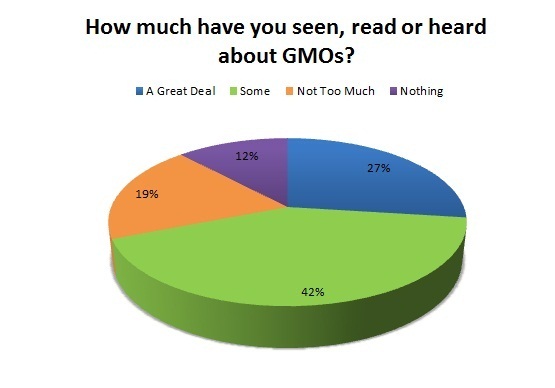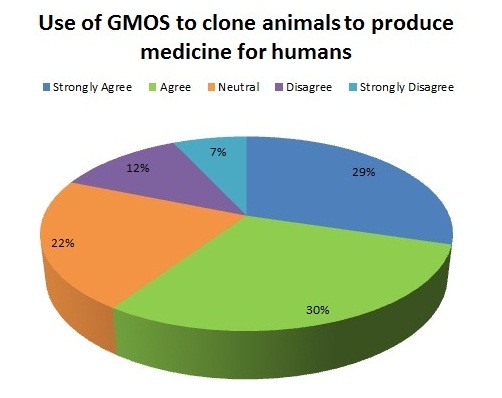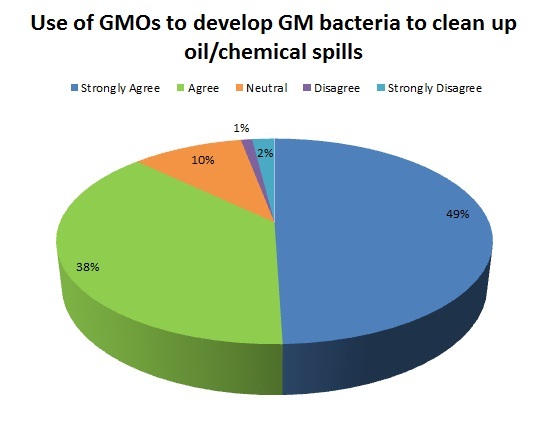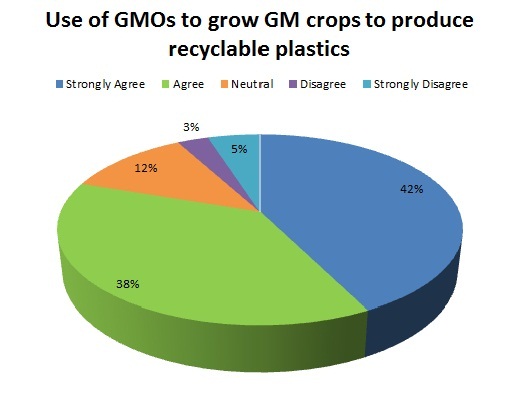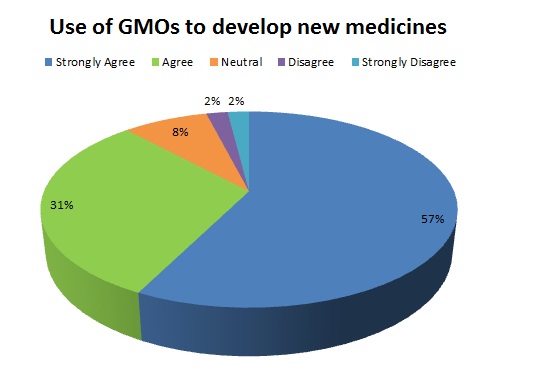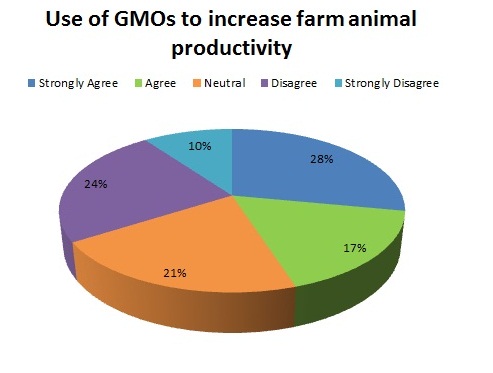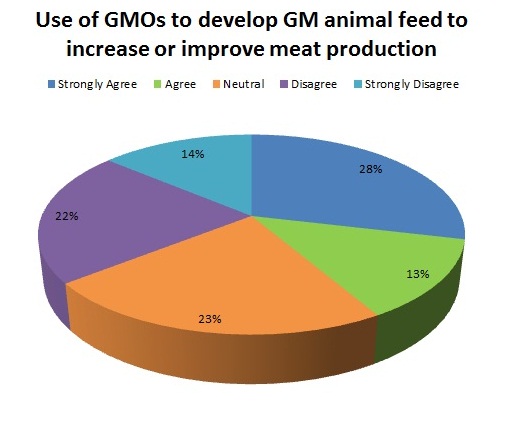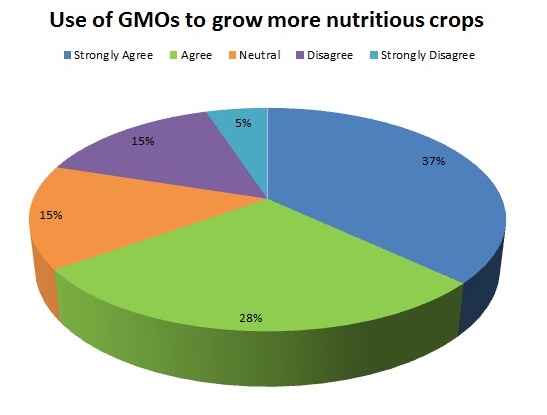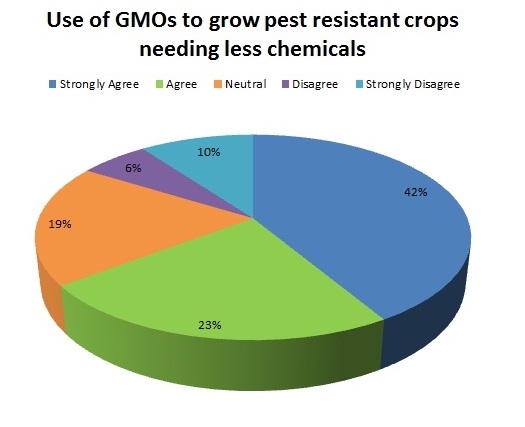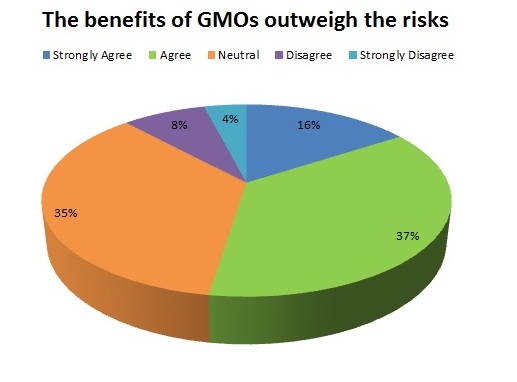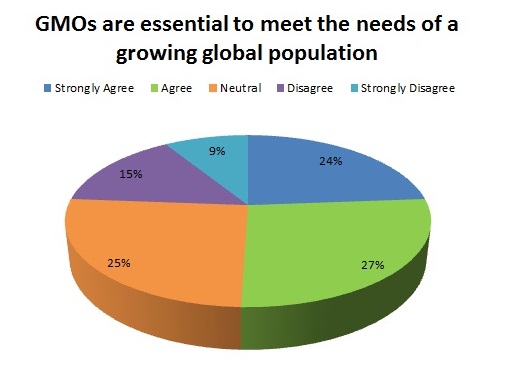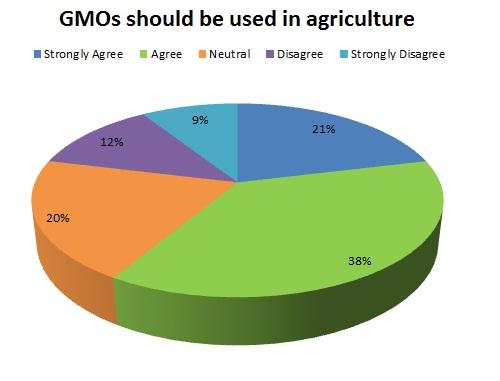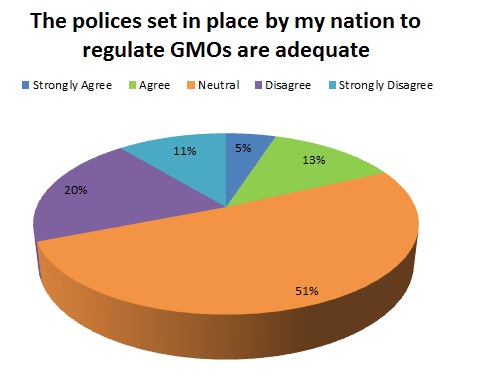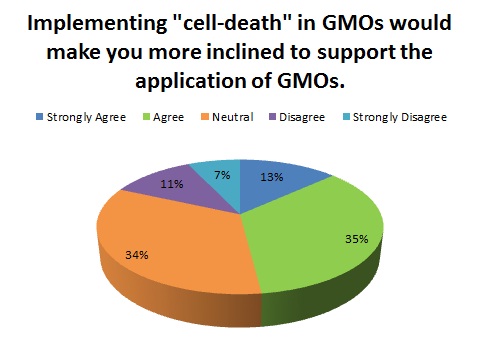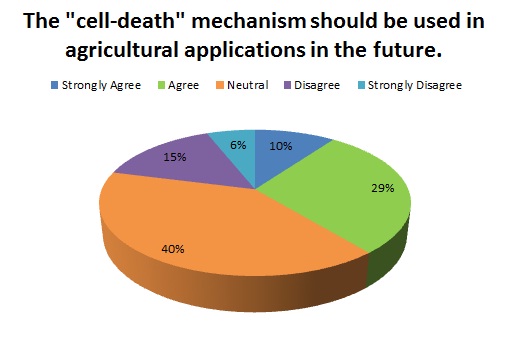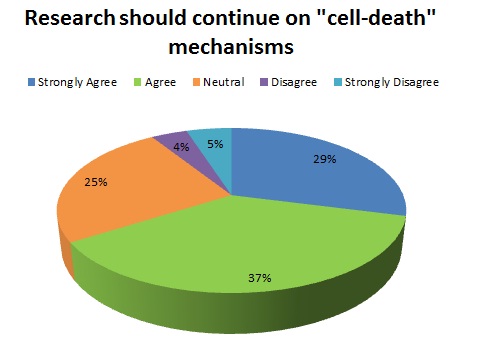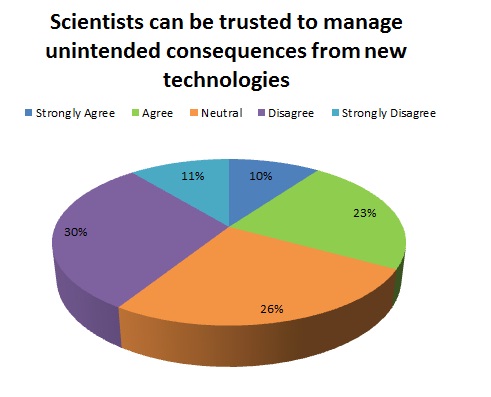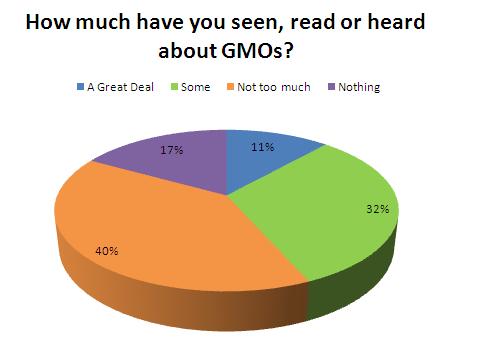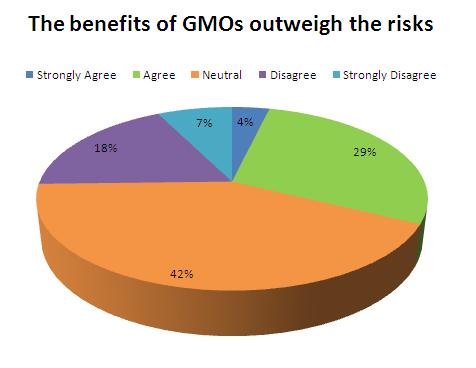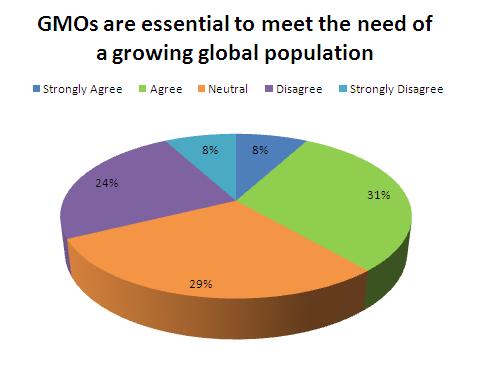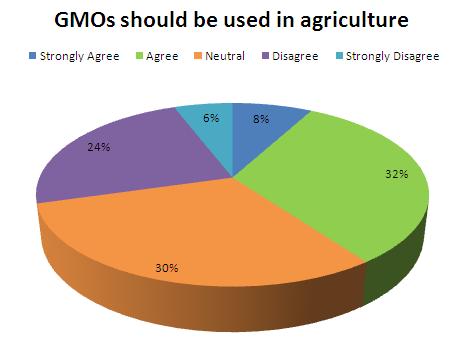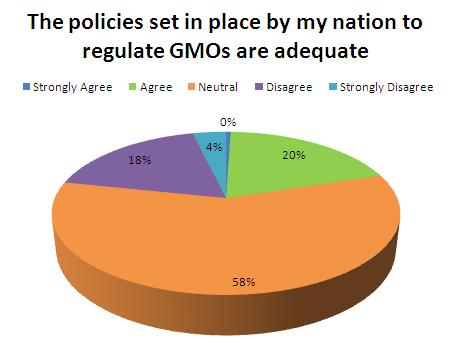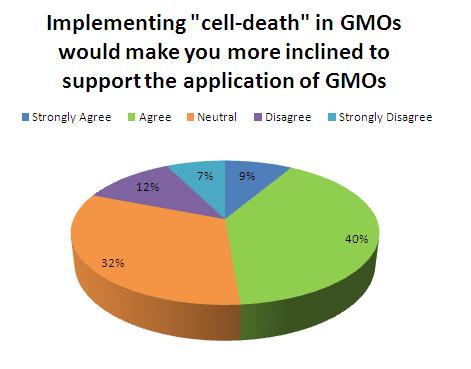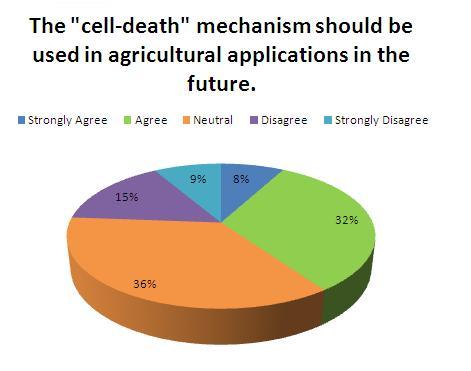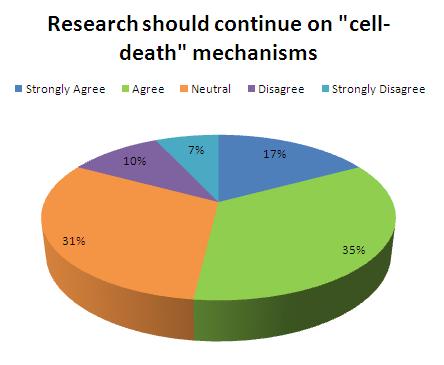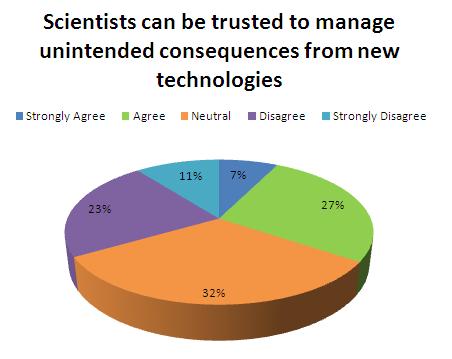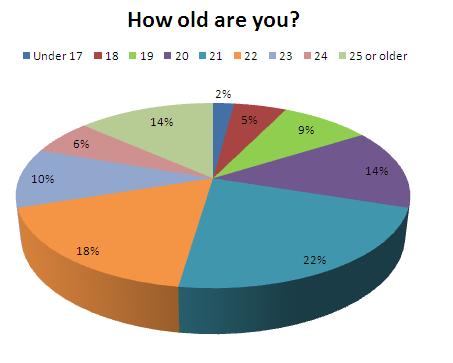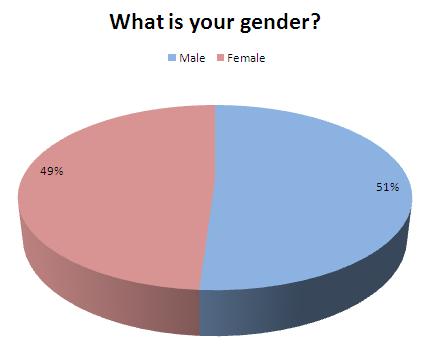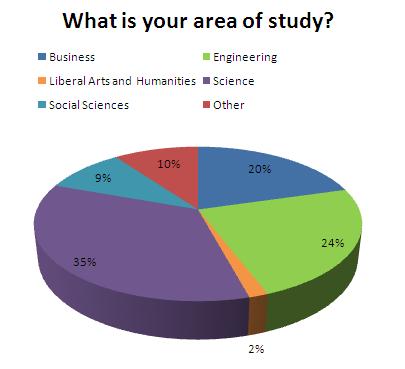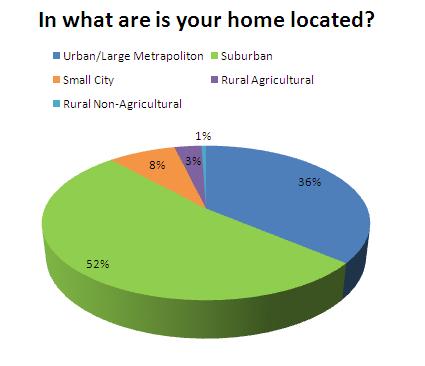Team:Penn State/Human Practices
From 2010.igem.org
(→Comparison) |
(→Other Results) |
||
| Line 121: | Line 121: | ||
[[Image:Australia_survey_5.JPG|400px]] | [[Image:Australia_survey_5.JPG|400px]] | ||
[[Image:Australia_survey_6.JPG|400px]] | [[Image:Australia_survey_6.JPG|400px]] | ||
| - | |||
| - | |||
[[Image:Australia_survey_9.JPG|400px]] | [[Image:Australia_survey_9.JPG|400px]] | ||
[[Image:Australia_survey_10.JPG|400px]] | [[Image:Australia_survey_10.JPG|400px]] | ||
Revision as of 17:36, 27 October 2010
| Home | Team | Official Team Profile | Project | Parts Submitted to the Registry | Notebook | Human Practices | Safety | Sponsors |
|---|
Contents |
Penn State iGEM 2010
This year, Penn State iGEM created a survey about Genetically Modified Organisms(GMOs) in Agriculture. The survey included questions about where and when GMOs should be used, GMOs containing a "cell-death" mechanism, and other questions dealing with the use of GMOs. For this survey, we decided we wanted to get a random sample of college-aged students from around the world. All of the other iGEM teams were contacted and asked to participate in sending our survey to a group of random students from their respective schools. In order to distribute the survey to their schools, the iGEM teams were asked to undergo training required by their school or country necessary to distribute surveys. Of all of the teams, the University of British Columbia, Georgia Tech, Harvard, RMIT Australia, USTC and USTC Software, Uppsala University, The Citadel, and UCSF showed interest in helping us distribute our survey. Unfortunately, mosts schools received few responses, with the University of British Columbia having one, Georgia Tech having none, Harvard four, USTC and USTC Software seven, Uppsala University none, The Citadel one, and UCSF nine. In addition, four were listed as other, which we believe were from UCSF. We believe that they misunderstood our intentions of the survey and instead of distributing the survey to other members of their university, they took it themselves. RMIT Australia did receive permission from their ethics committee to distribute the survey to random students at their school and collected 191 responses for us. Unfortunately, we were not able to gather their responses in time to include in our survey analysis, so we listed their results separately. We really appreciative their cooperation and willingness to help and collaborate with us! They did an amazing job!
In order for our team to create and distribute the survey, training by the Institutional Review Board was necessary. Documentation of the students who worked on the survey can be found on our safety page.
Survey Results
Overall, we were able to gather a broad array of information that can be portrayed to show the general beliefs of college aged students on the principles of GMOs, research involving genetic engineering, and the use of a "cell-death" mechanism to be implemented in bacteria.
Significant Results
After some statistical analysis, our results showed that the trust people have in their nation's policy of regulations of GMOs and in scientists is significant with nearly all applications of GMOs. In other words, those who don't trust the policies of regulation set by their government and those who don't trust scientists are more likely to not be very supportive of the applications of GMOs. Also, awareness of GMOs, home location, and the person's major study area had some significance with a few variables, but these were not as prominent as that of the people's trust in their nation's policies of regulation of GMOs and scientists.
One of these was that science and engineering students tended to have a greater acceptance of the applications of GMOs than did those of other majors.
Shown below are a few tables and chi-squares of cross-tabulations of some of the more prominent factors, which showed significance.

Question Specific Results
Listed below are all of the results for each question of our survey.
RMIT Australia's Results
Comparison
As compared to the results of the survey, which had mostly had responses of people of the United States, RMIT Australia had comparable opinions of GMOs. Both places had a large amount of respondents who were supportive of the use of GMOs in different applications.


One of the major differences between the United States responses and RMIT Australia was the proximity in which the person would like to live near an area where GMOs are used. As can be seen depicted below, those students at RMIT have a greater dislike of GMOs being used in a farm, field or stream than those students in the U.S. However, both sets of students have similar acceptance of GMOs used in a factory or laboratory, but would not necessarily want to live close to them.




Other Results
Shown below are the rest of RMIT Australia's results:
 "
"
